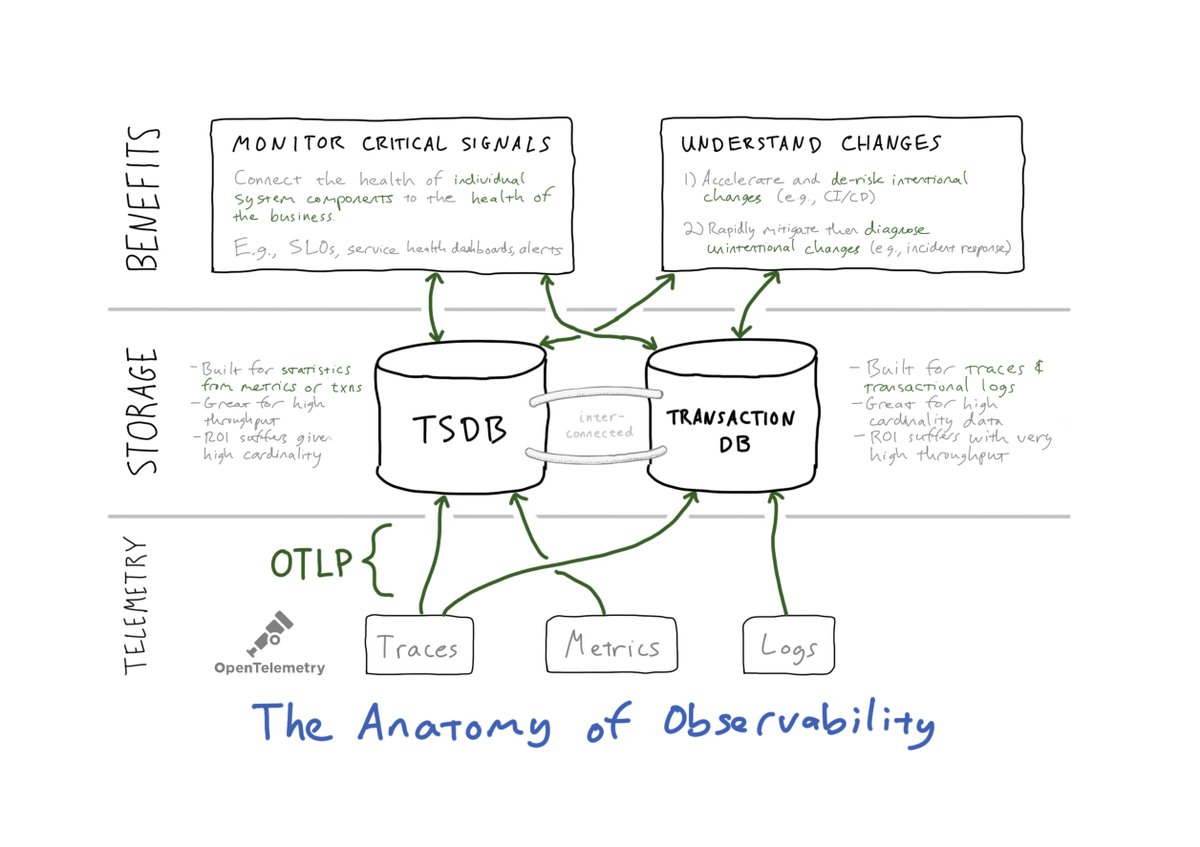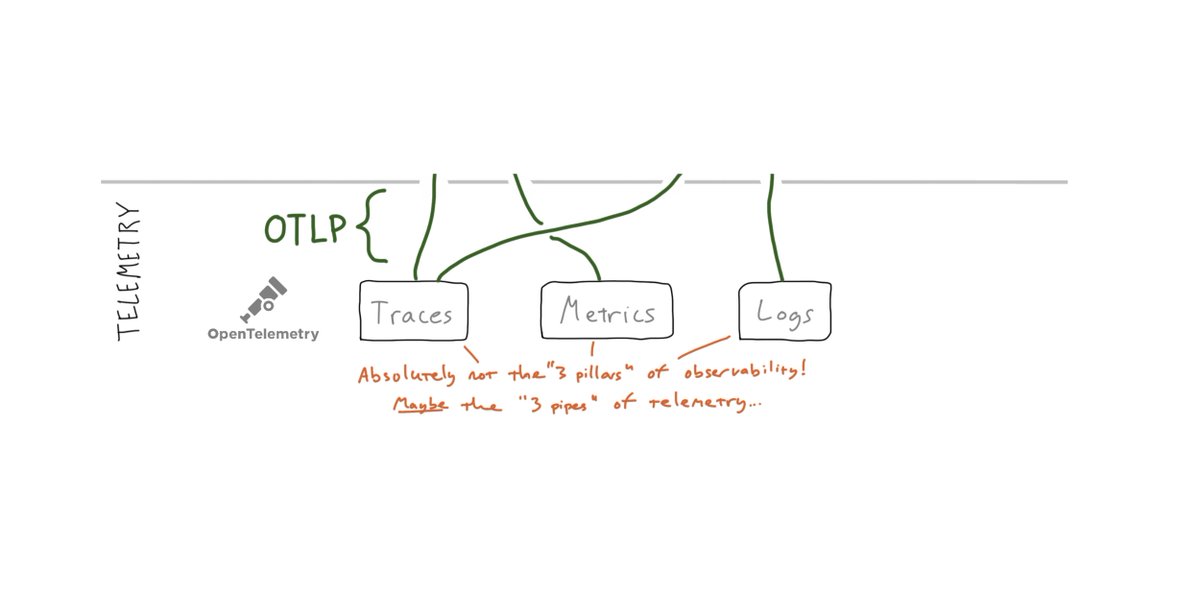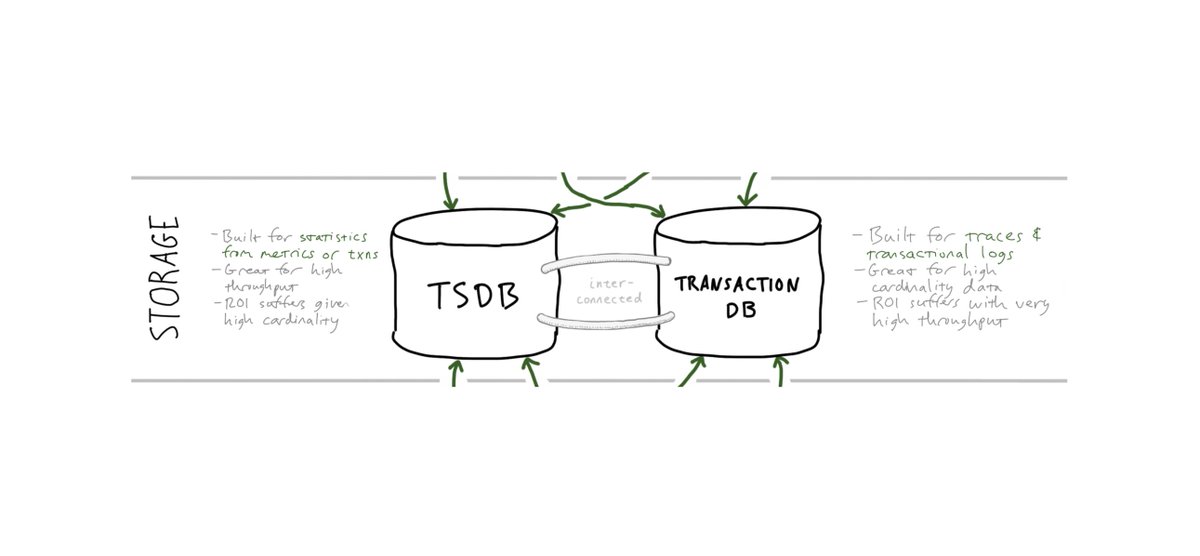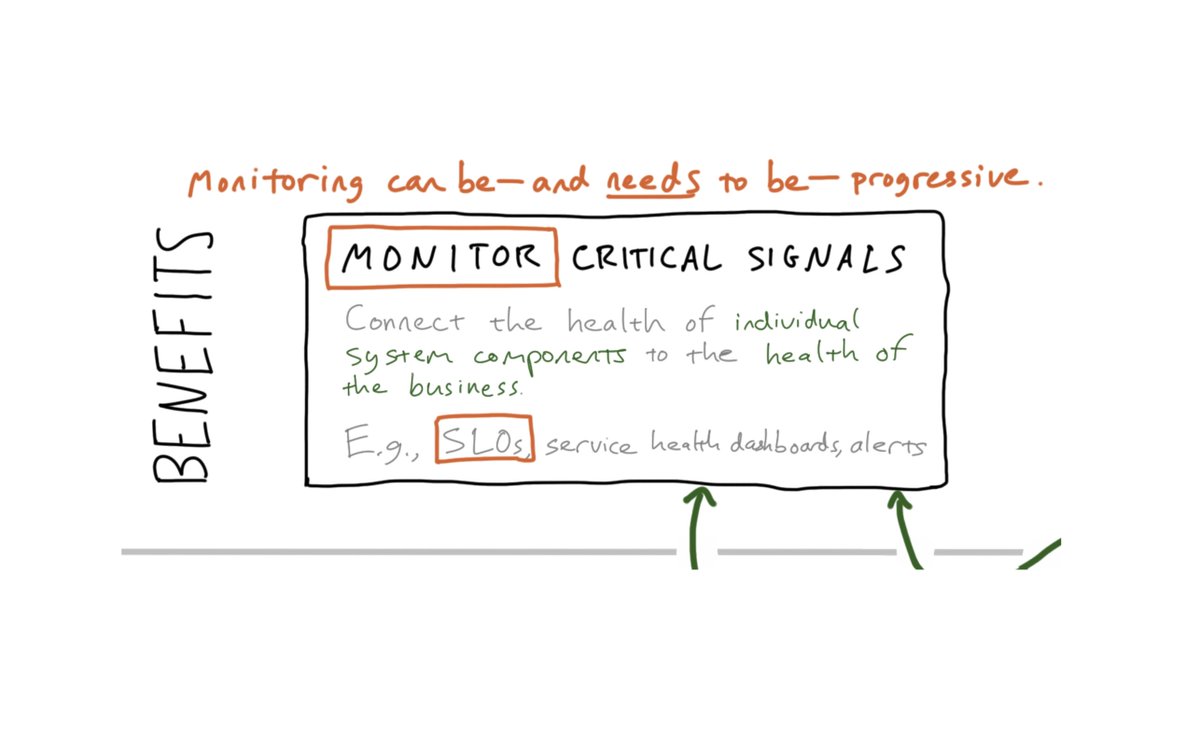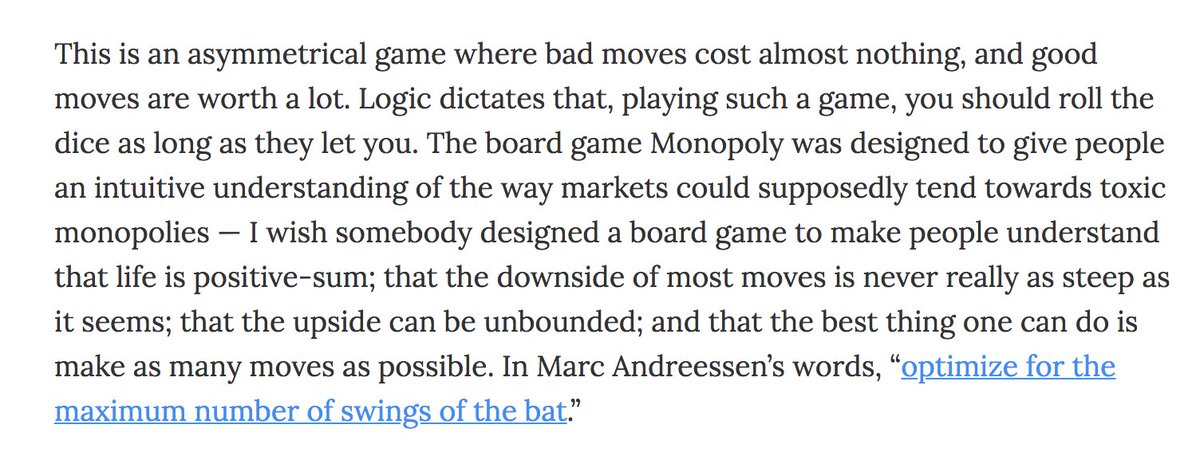8 March 1679 - The date on which 300 saffron clad warriors gave their life to protect temples from mugal army. Thread➡️
Aurangzeb's huge army, which was adorned with artillery, elephant and horses, under the leadership of Commander Darab Khan had marched to punish the ruler of/1
Khandela Raja Bahadur Singh, who became a rebel due to the anti-Hindu policies of Aurangzeb, and to destroy the temples of Shekhawati. Bahadur Singh to compete with such a large army, vacated Khandela for the purpose of conducting guerilla warfare and went Kot Sakrai /2
located in the inaccessible hills of Sakrai. People of Khandela also vacated Khandela and hid in nearby villages.
But some Shekhawat warriors did not like this as they knew that the royal army would not leave a single temple located in Shekhawati unbroken./3
so soon the teams of self-sacrificing Dharma-protectors Shekhawat heroes started reaching Khandela to protect the Dev temples.
Sujan Singh Shekhawat, the young thakur of Chhapoli, was coming back from his wedding when he heard about the imperial army from Shepherds./4
झिरमीर झिरमिर मेहा बरसे,मोरां छतरी छाई |
कुल में है तो आव सुजाण, फोज देवरे आई ||
if you are born in your glorious clan, then come, the army have come to destroy temple. /5
